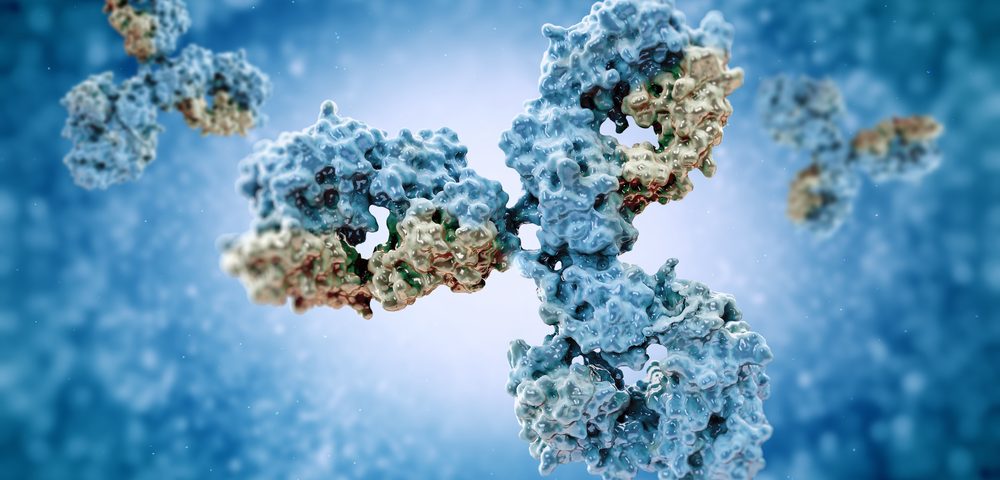The first patient has been dosed in Alligator Bioscience’s Phase 1 clinical trial testing the investigational immunotherapy ATOR-1015 as a new treatment for advanced solid tumors, the company announced.
The open-label trial (NCT03782467) will assess the safety, tolerability, and early efficacy of ATOR-1015 in approximately 53 adults who failed at least one prior line of therapy. Participants will receive intravenous (into-the-vein) infusions of ATOR-1015 every two weeks until disease progression or unacceptable toxicity.
Researchers will use findings from the trial to determine the optimal dose of ATOR-1015 for future studies. Results are expected during the second half of 2020.
Still recruiting participants, the trial is taking place at five clinical sites across Sweden and Denmark. More information, including contacts and locations, is available here.
“As the study progresses we look forward to learning more about the potential of this investigational medicine to improve the treatment of multiple cancers,” Per Norlén, CEO of Alligator, said in a press release.
ATOR-1015 is a new engineered antibody that targets both the immune checkpoint protein CTLA-4 and the co-stimulatory receptor OX40, significantly boosting anti-cancer activity while reducing the number of immunosuppressive regulatory T-cells.
This bispecific antibody is expected to act within the tumor environment but not in the rest of the body. With this approach, researchers anticipate that ATOR-1015 will have less toxicity — fewer side effects and adverse immune reactions — than other available CTLA-4-targeted therapies, while retaining similar effectiveness
“While immune activation through CTLA-4 has shown impressive efficacy in multiple cancers, it is coupled with severe toxicity,” Norlén said. “We believe that ATOR-1015 will be at least as effective as the approved monospecific CTLA-4 antibody Yervoy, and with less side effects.”
Preclinical studies have demonstrated that the investigational antibody can migrate to the tumor site, having an increased stimulatory effect on immune cells against cancer cells compared with normal tissues. In addition, the antibody was better than other CTLA-4 inhibitors at reducing the number of regulatory T-cells within tumors.
When used in combination with other therapies, such as PD-1 and PD-L1 inhibitors, ATOR-1015 had an amplified anti-tumor effect.
“I state with satisfaction that ATOR-1015 is the first investigational tumor-localizing bispecific CTLA-4 antibody ever being tested in the clinic. With this, Alligator takes the lead in a very hot area of research,” Norlén said.


